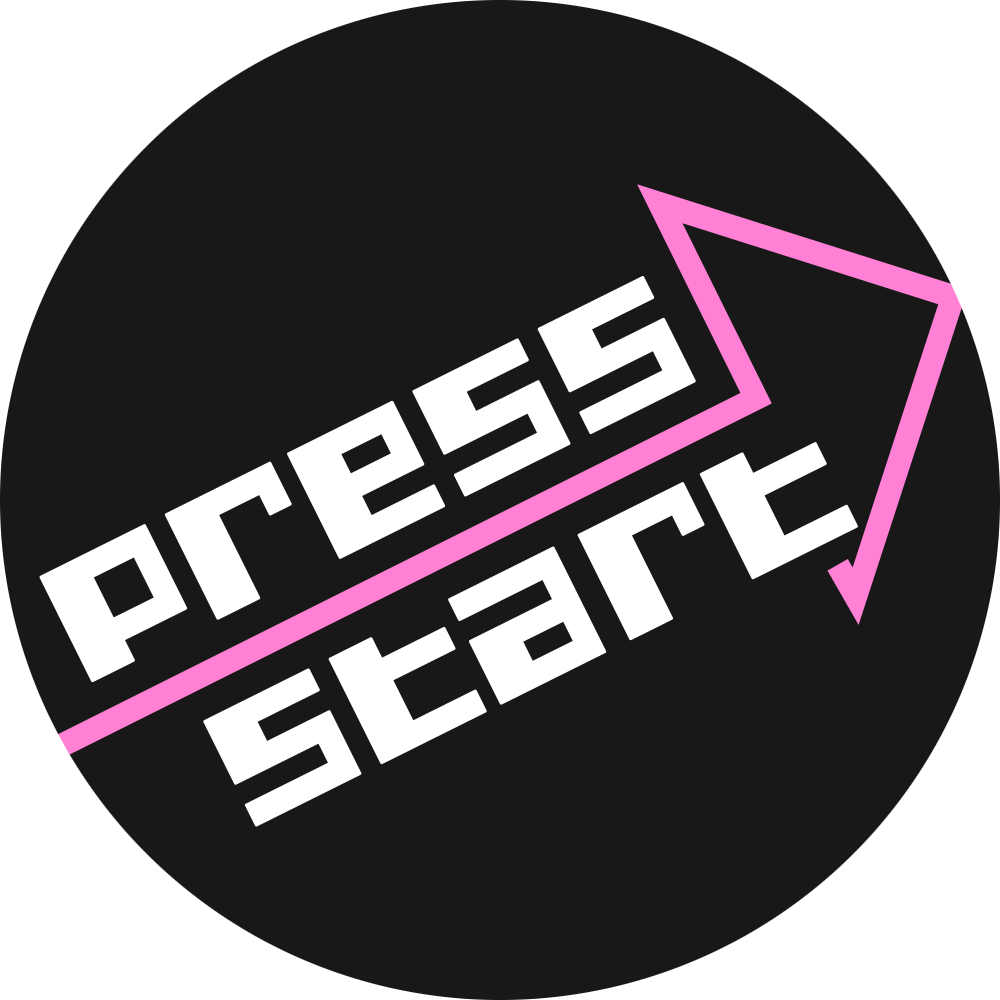I used Plex for my home media for almost a year, then it stopped playing nice for reasons I gave up on diagnosing. While looking at alternatives, I found Jellyfin which is much more responsive, IMO, and the UI is much nicer as well.
It gets relegated to playing Fraggle Rock and Bluey on repeat for my kiddo these days, but I am absolutely in love with the software.
What are some other FOSS gems that are a better experience UX/UI-wise than their proprietary counterparts?
EDIT: Autocorrect turned something into “smaller” instead of what I meant it to be when I wrote this post, and I can’t remember what I meant for it to say so it got axed instead.
Firefox/LibreWolf
The thing I find hard to convey is that FLOSS software is superior to proprietary software for many reasons, most of which are non-technical: FLOSS software is superior to proprietary software if it isn’t spying on you, if it’s governance is collective, if it’s not build to make you pay for things that should be free, if it lets you decide where your data goes, etc…
we’re often missing the point when we attempt at side-by-side comparison of FLOSS and proprietary software… It’s usually one-dimentional, and playing on our opponent’s field: these companies racketing their users based on rent-based exploitative business models will always have more resources than independant developpers to improve “UX/UI”… so I think this must not be the only prism through which reading these things.
Another important point to add is that closed software depends on the company making money to exist. If the company goes under then the software goes away. However, what’s even worse is that the company constantly has to change the software to chase trends and attract new users.
You might’ve been the target demographic when you started using the software, but the target will inevitably move on to a different demographic sooner or later. At that point you either have to adjust to the changes or find a new piece of software.
On the other hand, open source software doesn’t need to chase trends, and even if the original project decides to move in a direction existing users don’t like then they’re free to fork it. This is precisely what we saw with Gnome when a bunch of users wanted to keep their existing experience and made forks like Cinnamon.
This is a really underappreciated aspect of open source in my opinion. You can safely invest in learning an open source tool without worrying that it will go away or change in a way you don’t want it to.
VLC absolutely wrecked Windows Media Player. Firefox was the same with IE.
Did you know that MS now charges for you to play some codecs with windows media player?
Unless something has changed recently, that’s not exactly true. They charge 99c for the distribution of it through the windows store (or whatever it’s called) but you can install them the traditional way no problem
I think it’s still dumb but it’s a distinction worth making. I think the description even links the website where you can download it
I really don’t miss trying to find codec packs to install. Good riddance.
Signal. Who else is making a post quantum secure e2ee algorithm and making sure the code is open source and not duplicating the keys everywhere? Thank goodness for the kind devs on this project and for other FOSS projects everywhere!
The time when they essentially went closed source to implement MobileCoin in kind of a covert operation really didn’t do them any favors, though.
VSCodium is better than most text editors. BTW, if you didn’t know, you can still install some (turns out not all of them will work so you might still need the proprietary build from MS) extensions from Microsoft’s store manually.
ShareX is the best software I have ever found for taking screenshots and/or quick gifs/videos. It’s a real shame it doesn’t have a GNU/Linux version, it’s the only app I miss badly from my Windows days. Any other screenshot software is just nothing in comparison with it.
Joplin is my fav note-taking app. I have tried a lot of them but this one just works, has quite a big feature set, can synchronise using different mediums, from Dropbox to using Syncthing and synchronising files locally, doesn’t look poorly, is cross-platform, has e2ee, doesn’t cockblock you with paywalls. For me it’s the perfect note-taking app.
Aegis is the best 2FA app for Android there is atm. IIRC, it got created because Google Auth had some problems with privacy so the whole idea of Aegis is to be the better option.
Lichess — a chess server with no BS and there are 0 paywalls. chess.com would force you to pay for stupid things like puzzles, with Lichess I am able to procrastinate with chess. For free.
NewPipe is the best YouTube client there is. For me, it’s because of fast-forward on silence and the ability to unhook pitch and video speed. That means you don’t have to either waste your time on literal nothing or struggle to understand what a person is saying anymore. NewPipe also gives you everything YouTube Premium does.
GNOME Document Scanner is surprisingly working smoothly out-of-the-box (with Brother printer at least)
TV Headend + Kodi
+ Elementum
OBS is so good that I don’t know why anyone would ever use X-split.
I adore OBS. I’ve been teaching my friends the basics on how to use it, as they’ve all been using some proprietary crap that makes their lives marginally easier in one or two areas but adds a huge headache in others.
Do you have any videos? Can you record tracks and musical production type stuff?
I am by no means a master at OBS, and I wouldn’t know where to point you to learn. Everything I know I’ve learned by either poking around in the software or googling specific questions, i.e. “how to overlay twitch chat in OBS”. As you can probably guess, I used to use it to stream to twitch. Not very suddenly, mind, but I did it. Lol!
OBS is designed for streaming out and recording video, not really for music production. I’m sure there are some FOSS music production softwares worth checking out, though!
Blender. I feel pretty confident in saying that there is simply nothing like it in the commercial world. Its feature set is unreal; its like the swiss army knife of 3D modelling programs. I can’t say enough good things about Blender. It has replaced so many secondary programs in my workflow and is slowly dominating to become my entire workflow.
It used to suck to use in the late 2010s and then work was done to overhaul its space-shuttle cockpit interface, and now it actually feels concise and usable. I freaking love blender now. Big time blender fanboy right here.
As someone who gave up on Blender back in the 2010’s, I may need to revisit it.
All the Linux file managers I’ve tried are nicer to use and more stable than the Windows File Explorer.
Yes, but I’m still waiting for mac style column browse mode in nautilus 😒
Columns became the dealbreaker when I was considering switching from macOS to Linux. I need my columns.
ElementOS’s file browser has them.
Kind of. They look the same, but don’t act the same. Folder don’t show their contents until you double click them. They act like any other file in that way. One click to select. Double click to open. I like the more basic one click functionality for browsing.
Protip: KDE’s Dolphin is available for Windows.
The Windows integration isn’t perfect, but it’s very useful nonetheless. Multiple tabs and the Ctrl+I filter alone makes it worthwhile.
On a related note: KDE’s Kate text editor is also available on Windows and it works GREAT! So great that KDE eV has published it on the Windows store, making it easy to install
Blender for video editing. I haven’t even touched its 3D animation features.
Blender is really amazing. The last 3 years have been really good to the project. I forced myself to learn/use Blender 2.79 as an alternative to Maxon’s Cinema4D which I had been a long time user of. It was… tough, but after dozens of hours of tutorials it got easier, then fun, then powerful. Then the 2.8-3.x updates started to roll out! I love Blender now.
It has an amazing real time renderer in Eevee, the Cycles renderer is quite amazing too; Geometry Nodes can do some crazy stuff, but the UI; man has the UI gotten so much better.
If you’ve tried Blender in the past but felt it was awkward, give it another shot.
Calibre vs… em something that’s not calibre.
I’m honest not sure what I would use instead, but it would be hard to replace.
Bitwarden password manager. I’ve used several proprietary PW managers, Bitwarden is by far the most stable, intuitive, and functional IMO.
I’ve been looking for a good password manager, and I’ve heard a LOT of good things about Bitwarden… guess I’ll have to bite and see what all the fuss is about!
Pro tip : if you self host use vaultwarden. It’s 100℅ compatible with all bitwarden clients but has many more features and is lighter weight
Bitwarden is so good. I cant be bothered to self host it tbh, but ill gladly throw money their way for premium for having the best cloud-hosted PW manager
My argument for self host of something that needs to be ultra secure is, they will do a better job at it than me.
Also KeePass, I’ve switched from bitwarden to KeePassDX on mobile and set up syncing to nextcloud and google drive. Aegis for time based OTP’s.
Inkscape?
I use InkStitch for designing embroidery patterns on Inkscape and love it, especially because commercial embroidery design programs are so expensive. I won’t lie, it’s pretty clunky at the moment, but I hope to be able to contribute to it and really polish it up.
How does it compare to Affinity?
inkscape (and gimp) is dog shit ass compared to an actual vector (and photoedit/raster) design program
im a graphic designer but im also not a huge adobe guy i think affinity products r fire.
im talking about inkscape and gimp 7-8 years ago but its not nearly as robust or user friendly as an actual design program if you desire to create more than one image trace. image tracing is the only thing inkscape is good for.
Desktop: Zotero, RStudio, Thunderbird, Sumatra PDF, Notepad++, NoMacs (image viewer), Espanso (text expander), qBittorrent, Inkscape
Android: FairEmail or K9 Mail, Authenticator Pro, Feeder, F-Droid, Pocket Casts, SD Maid
Multi-platform: Home Assistant, Wireguard, Syncthing, Jellyfin, Kodi, Samba, Firefox
Honorable mentions that don’t have the best UX but are still hugely appreciated for existing: Joplin, QGIS
I absolutely love Espanso. So much faster than TextExpander and I like that it’s config is plain text files.
You’re insane though if you think Inkscape is better than Illustrator. I’m not an Adobe fanboy by any means, but it is a really good (if bloated) product.
















